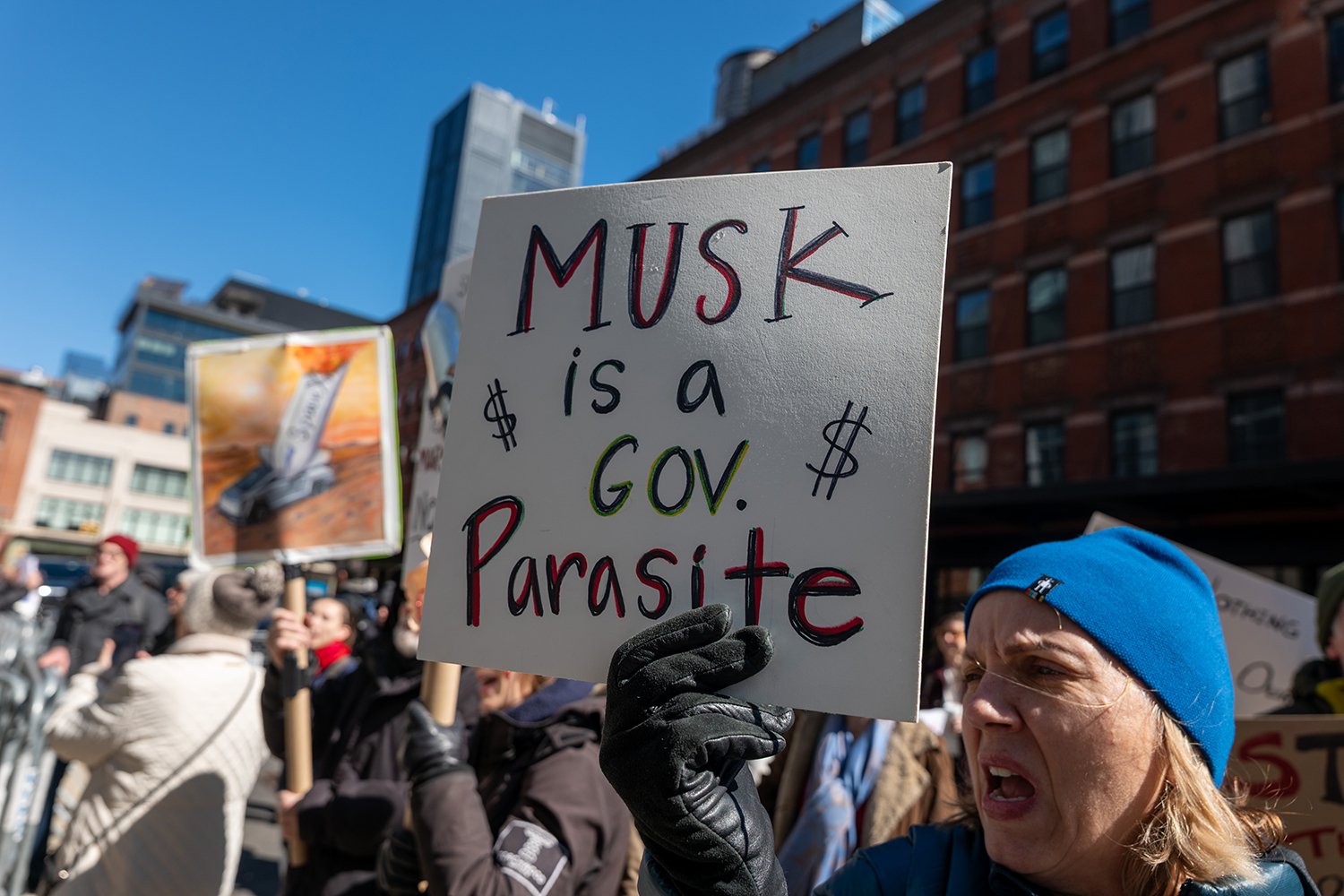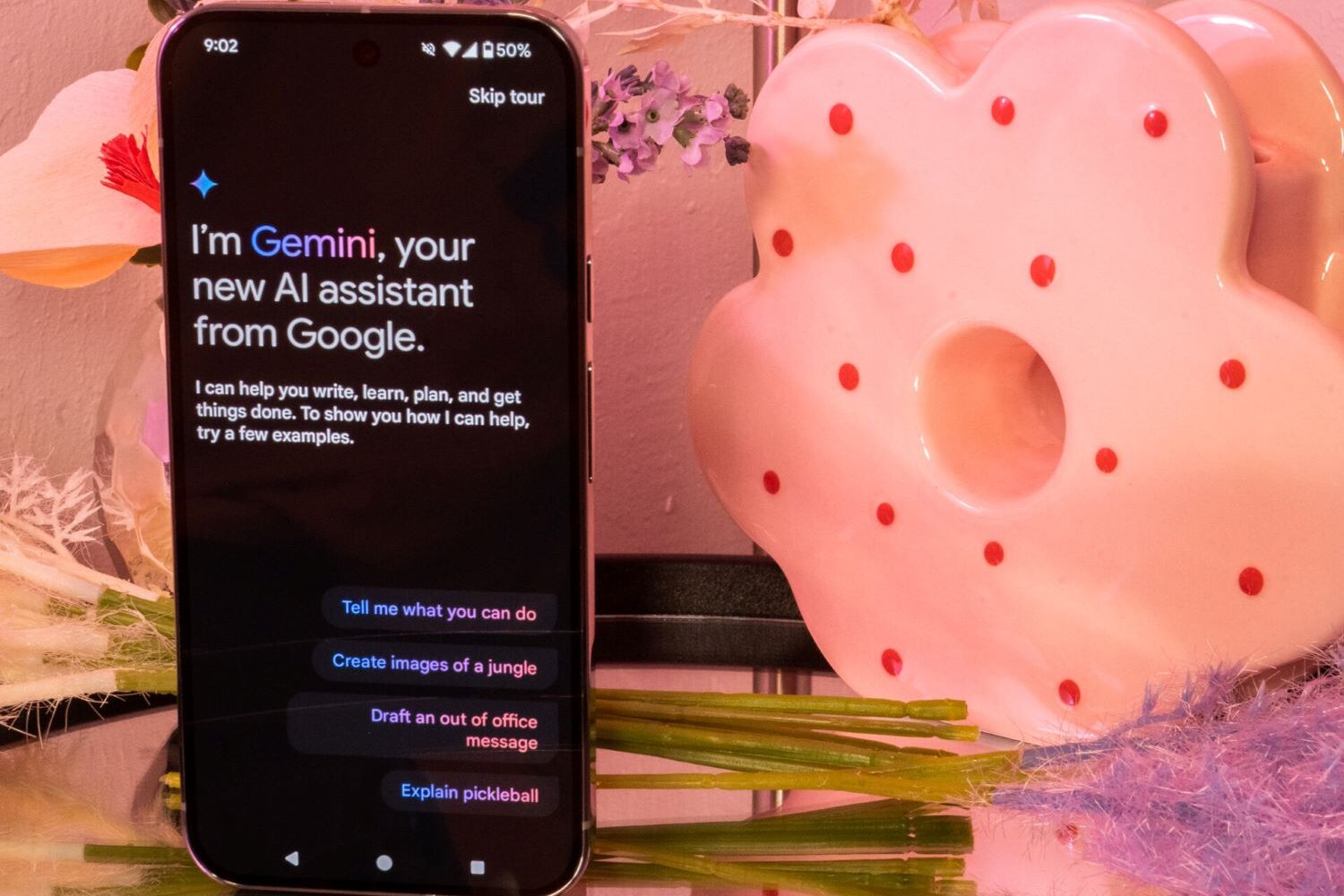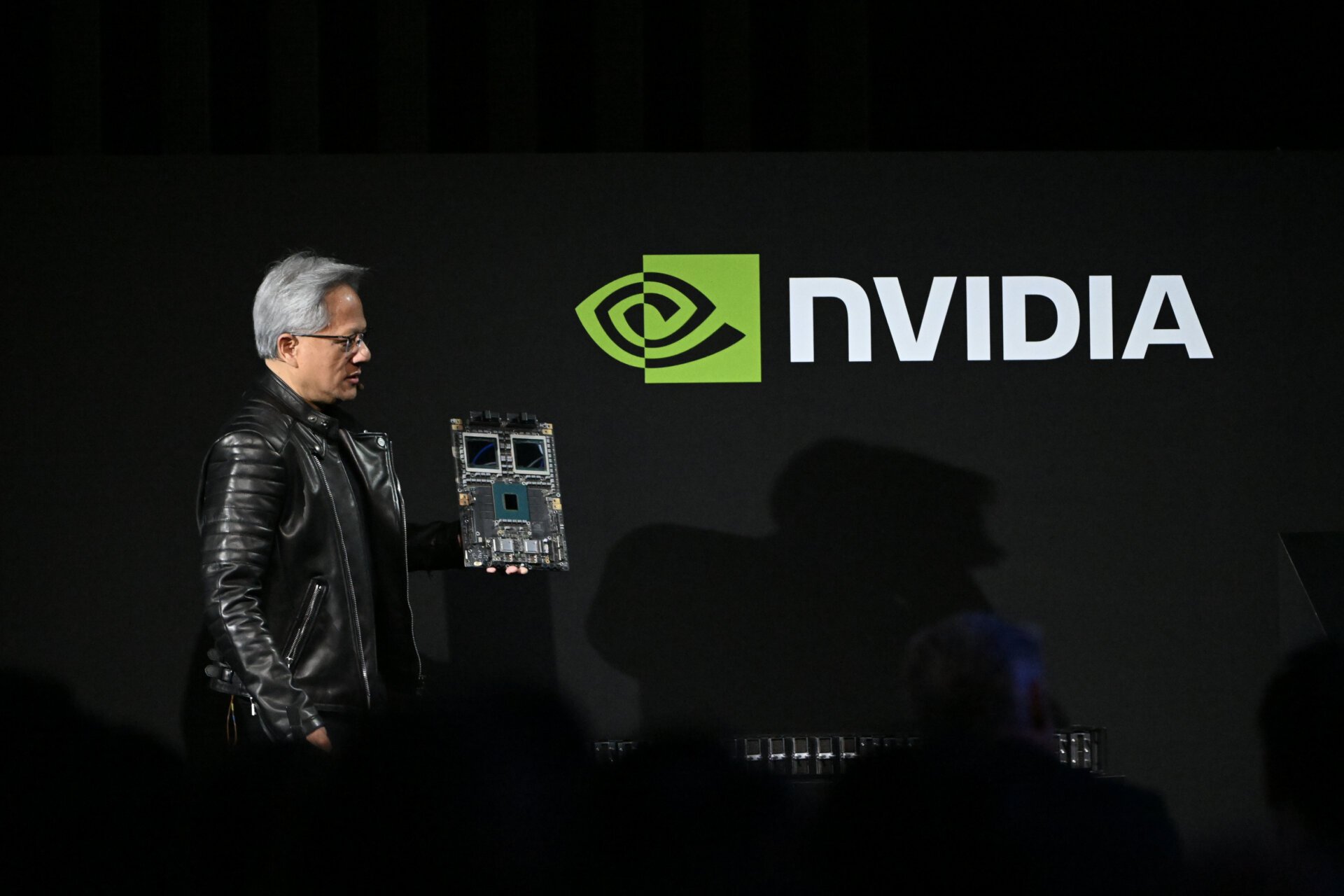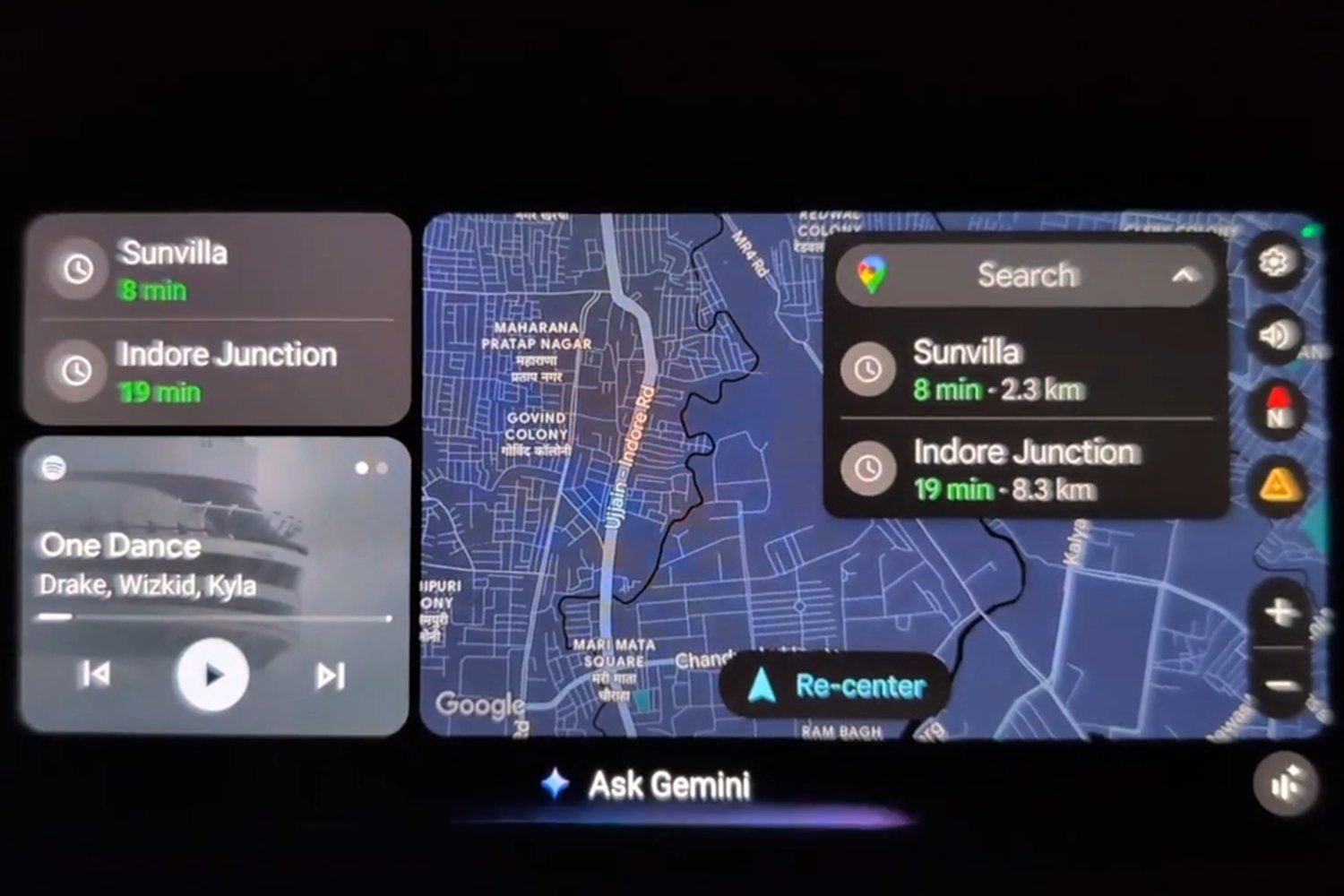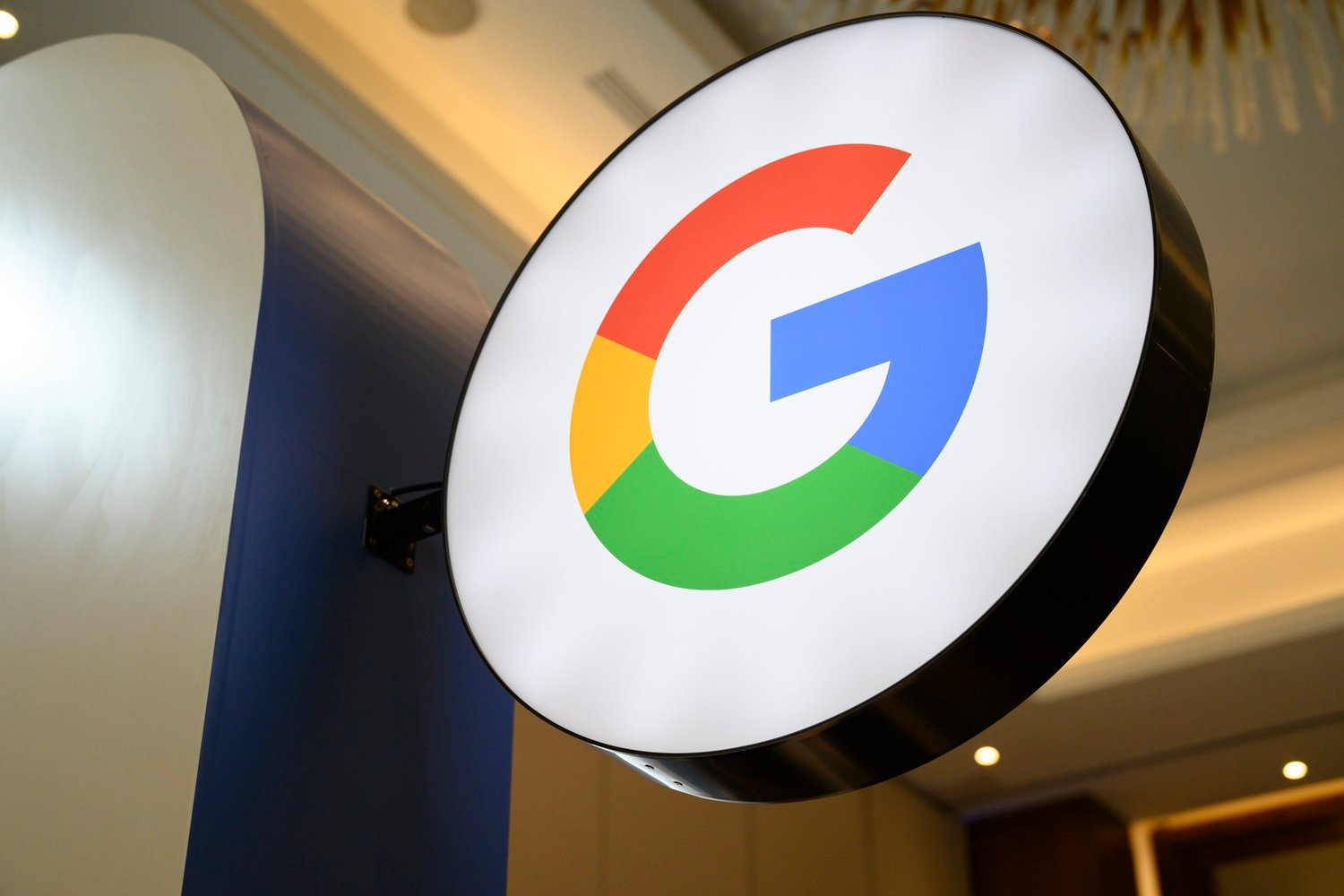Amazon is ending its “Do Not Send Voice Recordings” privacy setting for Alexa users in preparation for the launch of Alexa+, its AI-enhanced voice assistant. This change, effective March 28th, means all voice recordings will be sent to Amazon’s cloud for processing, even for users who previously opted out. While Amazon states recordings will be deleted after processing, the move raises significant privacy concerns. This article explores the implications of this policy change and the potential risks for Alexa users.
Alexa+ and the End of “Do Not Send Voice Recordings”
An email sent to Alexa users announced the discontinuation of the “Do Not Send Voice Recordings” setting. As reported by Ars Technica and discussed on Reddit, this change will automatically be applied to all users on March 28th. Amazon justifies this decision by citing the need for cloud processing power to support Alexa+’s generative AI features. The email assures users that voice recordings will be deleted after processing and that previously saved recordings will also be deleted. However, the mandatory collection of voice data raises concerns about how Amazon will handle and protect this sensitive information.
Alexa+’s Promised Features and the Price of Privacy
Alexa+ promises a significant upgrade to the existing Alexa experience. The AI-powered assistant is designed to handle more complex tasks, such as ordering groceries across multiple apps, setting smart home routines, accessing security footage, and searching for Prime Video content conversationally. A key feature is Voice ID, which allows Alexa to identify individual users and personalize responses based on their habits. Alexa+ will be available on all current Echo Show devices and future Echo products. Prime members will receive immediate access, while non-subscribers will face a $20 monthly fee. The enhanced functionality comes at the cost of mandatory voice data sharing with Amazon.
Amazon’s Track Record with User Data
Amazon’s history with user data raises red flags regarding the new Alexa+ policy. Previous reports revealed that Amazon employees had access to user data, including Alexa recordings. In 2023, Amazon paid a $25 million settlement to the FTC for allegedly violating children’s privacy laws by collecting voice data and Ring camera footage. While Amazon claims to have updated its data practices, its track record leaves many skeptical about the company’s commitment to user privacy.
The Privacy Implications of Cloud-Based AI
Unlike Apple’s “private cloud compute” system, which prioritizes anonymous data processing, Amazon has offered fewer assurances regarding user data protection for Alexa+. While some smaller AI models can run on-device, current examples like Windows Copilot+ and Gemini on Samsung Galaxy S25 phones remain limited in functionality. Alexa+’s ambitious cross-app capabilities rely on cloud processing, raising concerns about potential privacy vulnerabilities, especially given Amazon’s past data handling practices.
Conclusion
The mandatory sharing of voice recordings for Alexa+ raises legitimate privacy concerns. While Amazon claims to delete recordings after processing, the company’s history with user data leaves room for skepticism. Users must weigh the benefits of Alexa+’s enhanced features against the potential risks to their privacy. As AI assistants become more integrated into our lives, demanding greater transparency and stronger data protection measures from companies like Amazon is crucial.






